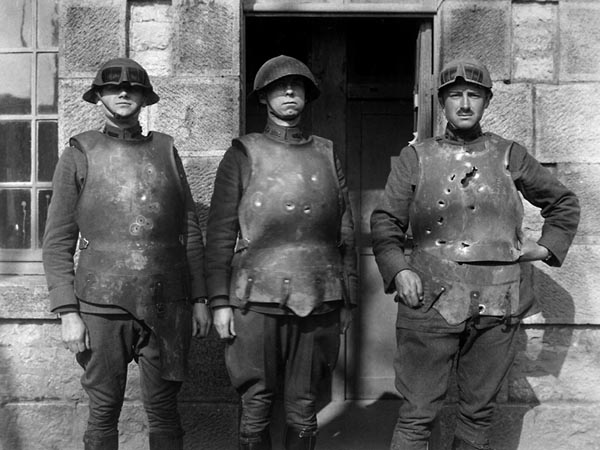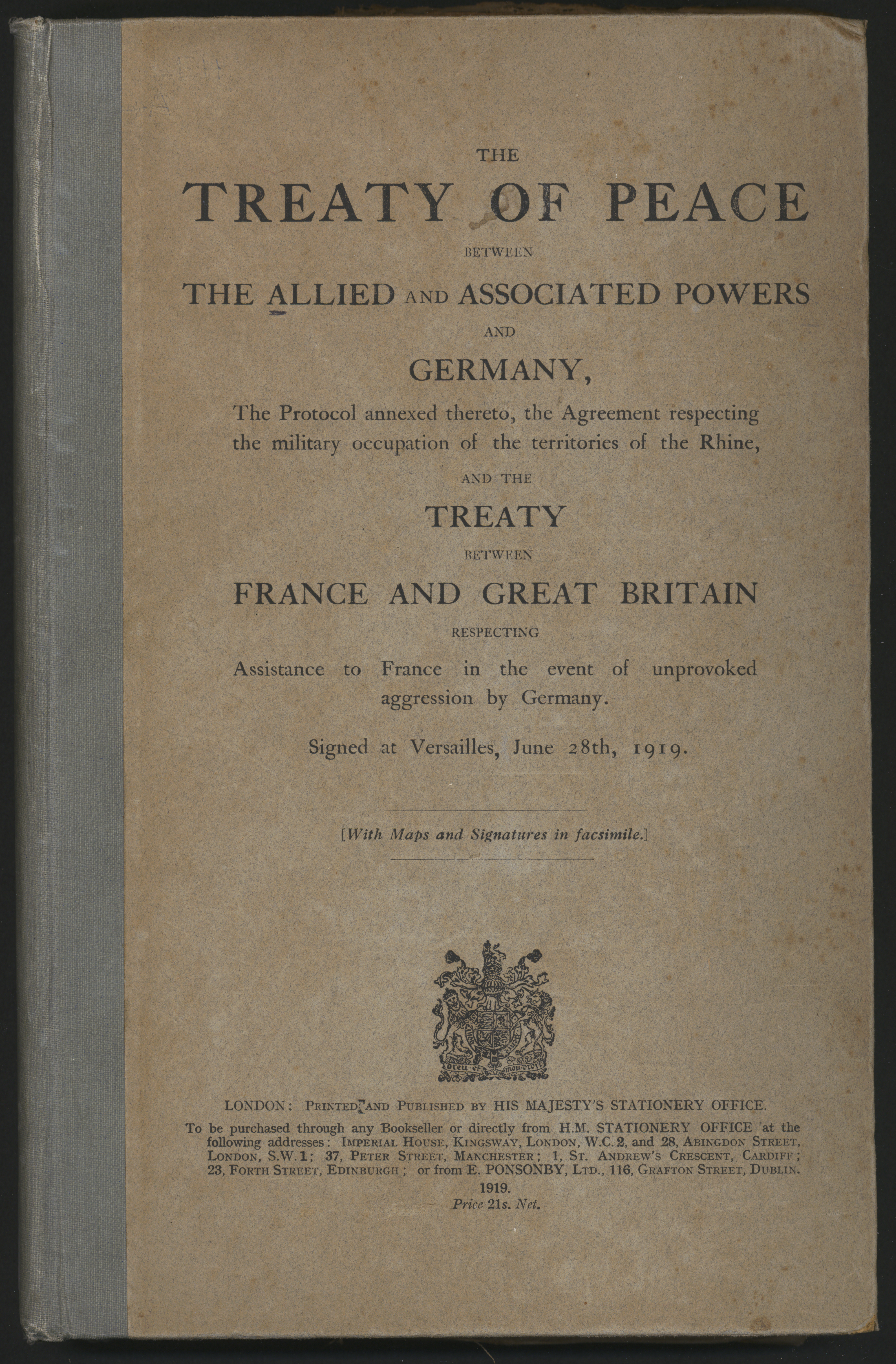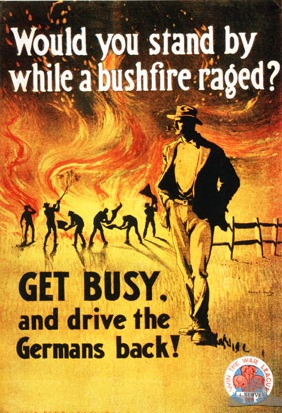THE GREAT WAR
A DESCRIPTIVE SUBTITLE
By RED HART
INTRODUCTION
The tales and entries pertaining to the World Wars, specifically World War I, have always been the subject of story. It’s many differing events and battles have changed the courses of history for many a ‘country. Many peoples and persons have been writing in the texts in time in both the famous and infamous intervals. These texts today are a window in a time since pasted and aren’t always linear in their delivery of this story as there are many factors that have shape the perspectives of those who were involved.

Now, because there so many different views over so many different battles over so many years, the wars are subject to a world of scrutiny (both positive and negative). Historians have had to go back and pick though the times due to many theories of the wars, like what caused the start of WWI and WWII, who caused the wars, or were certain events necessary? During the era, the mind-set of the planet flew through the spectrum going for extreme patriotism to the want of Isolationism.
National Perspectives
The historiography of the World Wars is as vast as the oceans that were fought on as well as the lands. The nations that participated have each their own views on the conflicts. Even the start of the wars differs of these borders. For the United Kingdom, WWI started in 1914 and WWII started in 1939. However, for the United States, WWI stated in 1917 and WWII started in 1941. In the case of World War I, the blame is one of the biggest gambles.
Germany was ultimately the biggest loser in the Great War as she was summarily given the most blame for the destruction.
“The Allied and Associated Governments affirm and Germany accepts the responsibility of Germany and her allies for causing all the loss and damage to which the Allied and Associated Governments and their nations have been subjected as a consequence of the war imposed upon them by the aggression of Germany and her allies” (Article 321).

The way that the treaty personifies the Germen state as the main nations is rather confusing as the country was actually playing the secondary role as the Austria-Hungarians were the ones that initiated the war. Even today, the very notion is being tested as questionable because of evidence disputing it. “…A generation of revisionists challenged and denied Germany’s sole responsibility for what they recognized as a catastrophe, but contributed it to causes more complex than the behavior of a single country and it government” (Showalter, 713-714).
There is also the act of want from nations as well. It is no secret that during the rise of the Third Reich in WWII, Germany was gunning for its infamous “lebensraum” or “Living Space”, but during the great war it would and inappropriate statement to say that the waring nations didn’t have ulterior motive rather than just to protect their sovereignty as well as their allies, i.e. for some that means territory. This motive is, at this point in history, a given, but it can be pointed out that the central powers weren’t the only ones advocating for this.
Political & Social Perspectives
Today, the actions described in the World War I are sometimes up in the air when it comes to their rationality. Were certain measures reached, were they missed and overshot, or were they not reached. “Numerous investigators, and whole nations, have come to think of the dispute in terms of the validity of the Treaty of Versailles, the value of the League of Nations or the truth of socialism” (Cochran, 1928, 76). Of course, the climate at the time differs for the present, but during the war each of the nations/peoples had vast agendas as were as outlooks and that bleeds in the history writer of their respective populations, likely delimiting their views to a causing them to try find a narrative suit themselves rather than at least trying to seem a bit more open in their paradigms.
“Now, as then, the national, racial, and institutional prejudices of historical writers distort their judgement, the very plenitude of evidence furnishing the material required to ‘prove’ any point of view correct” (Cochran, 77)
There was absolutely prejudice amongst the people, especially back in war times as there were many posters and pamphlets made to arouse the citizens to rise in support of the war effort and against their adversarial armies.
Propaganda
To the will of the people to follow your cause, you must advertise your word and convince them to follow.

Conclusion
The Great War was one of the bloodiest conflicts of the 20th century and will, unfortunately, play the role as one of the catalysts for another war to overshadow it. Stories and writings and accounts given during and after tell the many webbed branches that all together describe one of the wars to end all wars. The historiography of the event will always be checkered as time passes and it can be gambled that it will continue to evolve.